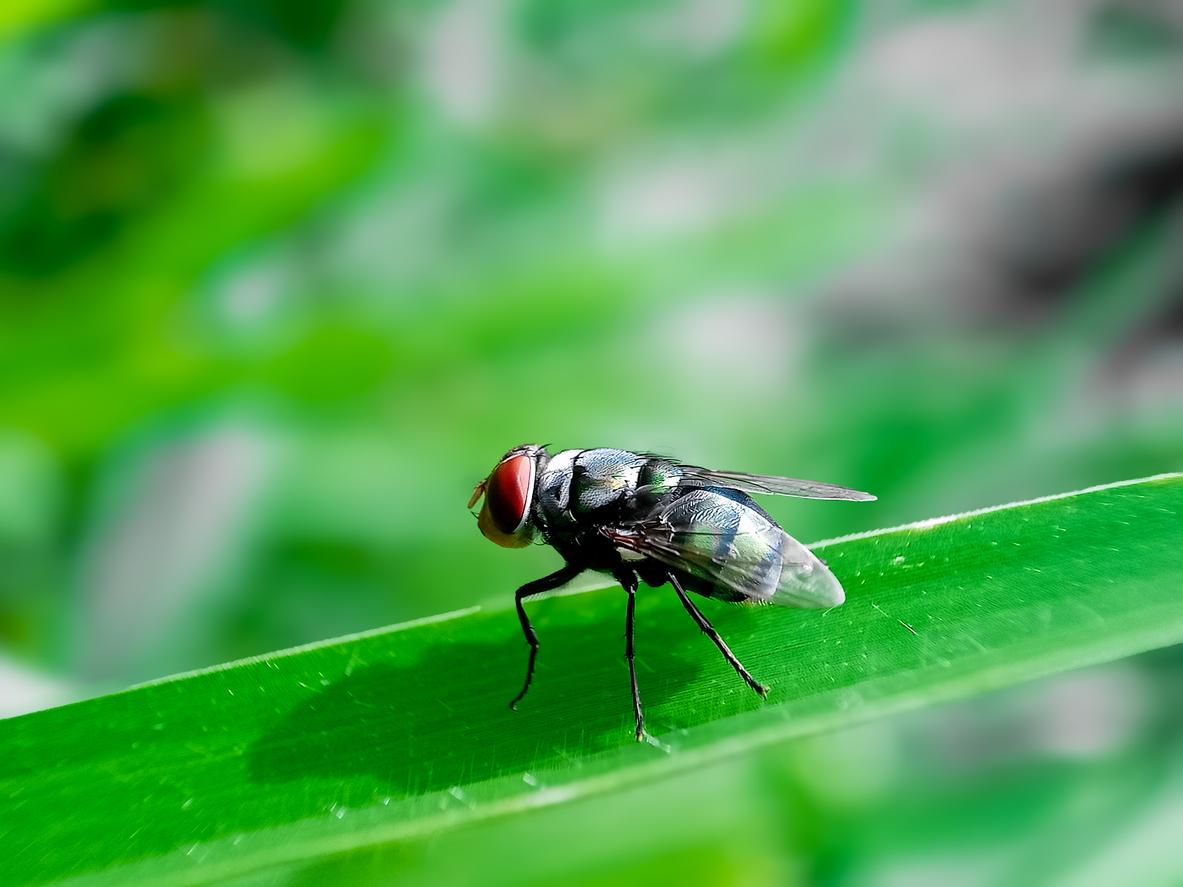US federal health authorities believe that GMO mosquitoes have no impact on the environment. Florida could therefore soon organize a release.

Genetically modified mosquitoes present themselves as the ultimate weapon against the Zika virus or its cousin dengue. A weapon that would have no environmental impact if used in Florida, according to a notice from the United States drug agency (FDA) released this Friday. This decision gives the green light to this state in the Southeast of the United States to release these insects into the wild in order to fight the advance of the Zika virus.
FDA experts are working on the GMO mosquito called OX513A developed by the company Oxitec for months. The objective: “to determine whether it is capable of eradicating the mosquito population Aedes aegypti located on Key Haven Island in Florida, ”explains the FDA. Last March, the health agency had already given its agreement in principle because it considered that there was no risk of allergy for humans and animals. The lack of effect on the environment still remained to be examined.
Reduce wild mosquito populations
The end of the assessment is timely for Florida. In less than a week, 16 people were infected with the Zika virus in Miami. These are the first indigenous cases reported in the United States. An epidemic focus that reflects the failure of anti-vector control measures, according to US health authorities. Experimental mosquito releases Aedes aegytpi OX513A appear to be a much more efficient alternative.
These transgenic mosquitoes are male mosquitoes genetically modified to give birth to offspring that will never reach reproductive age. Only the males – those who do not bite the man to feed on a blood meal – are released to mate with the wild female mosquitoes. According to experiments carried out in the Cayman Islands, Panama, Brazil and Malaysia, this technique makes it possible to reduce by 90% the population of wild mosquitoes capable of transmitting viruses in just 6 months.

Risk of disturbing an ecosystem
But for some entomologists, such as Anna-Bella Failloux, head of the Arbovirus and Insect Vectors unit at the Institut Pasteur, this technique can be dangerous because it would upset an ecosystem. “It leads to an eradication of the mosquito which means that an ecological niche will be vacant,” she explained to Why actor last January. It could be filled by other mosquitoes, like Aedes albopictus, the famous tiger mosquito. Thus, this strategy could be effective if it applies to several species, but I am not sure that it will be so in the long term ”.
A fear shared by many Key Haven residents, where testing is expected to take place. It is also the local population who should have the last word. Next November, a referendum will be organized. Residents will be able to say whether or not they agree to GMO mosquitoes being released in their neighborhood. If the opponents win, another island in the Keys archipelago should be nominated.
The Oxitec company has already received authorization to import and test its GMO mosquitoes in Brazil, the Cayman Islands, United States, France, India, Malaysia, Singapore and Vietnam.
.

















